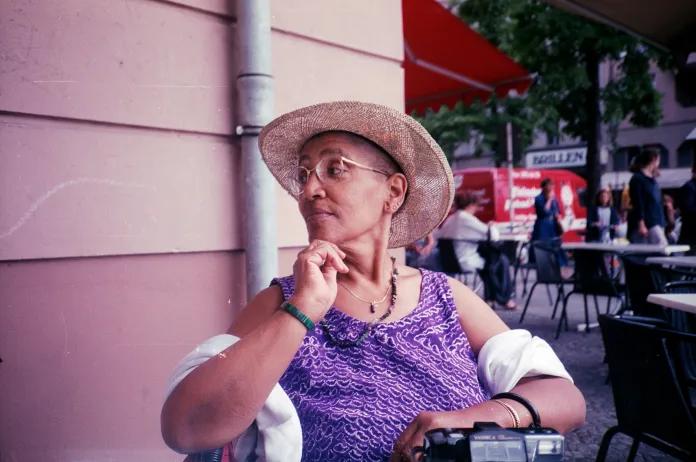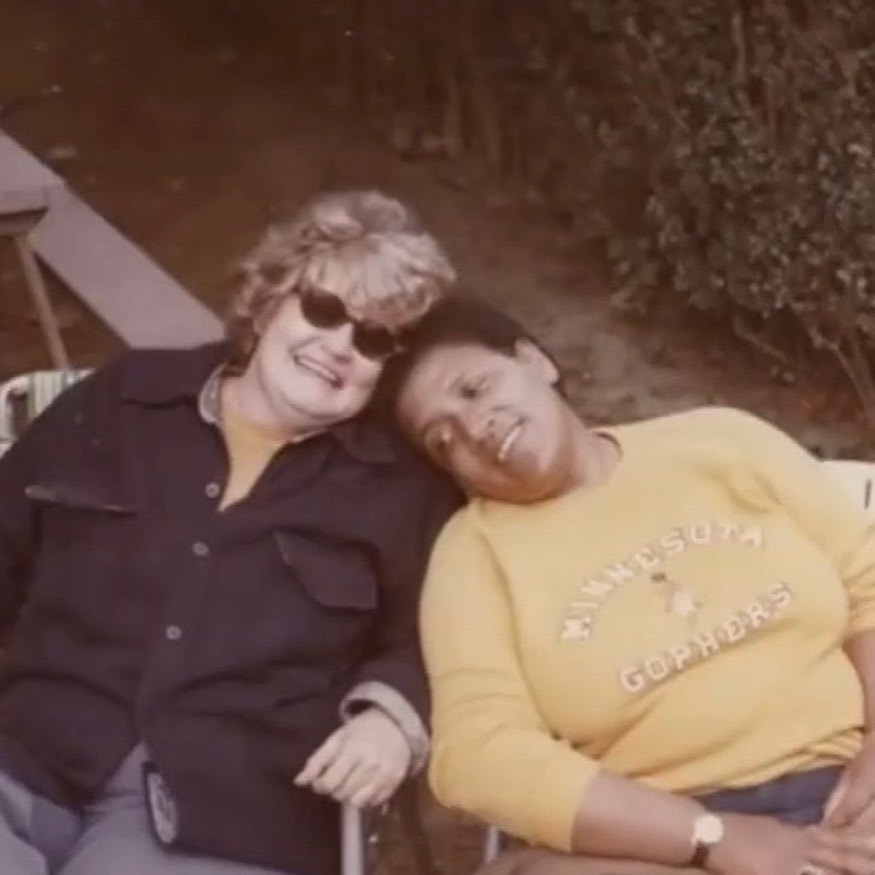As Black History Month unfolds, we honor the groundbreaking legacy of Audre Lorde, whose words and activism continue to inspire generations. A fearless advocate for intersectionality long before the term became mainstream, Lorde’s work addressed racism, sexism, homophobia, and the importance of embracing one’s full identity.
Lorde’s journey began with challenges. Born in 1934 to Caribbean immigrant parents, Audre Lorde was legally blind as a child due to shortsightedness. Even as a young woman, her passion for poetry burned bright. At 16, her first poem was published in Seventeen magazine, a testament to her talent, even after being deemed “too much” for her school paper.
For Lorde, poetry was more than just words; it was a lifeline, a way to express the intricate tapestry of her emotions and experiences. She even used poetry to communicate as a child, reciting verses to express her feelings.
Lorde’s private life was as intricate and nuanced as her writing. While engaging with New York’s LGBTQ community and being employed as a librarian, she challenged societal norms by marrying a white gay man and having two kids. Although their relationship was unconventional, it endured for eight years before concluding in divorce.
Her work as a librarian in New York City provided the backdrop for her burgeoning career as a poet. During this time, she published numerous anthologies, her words resonating with power and protest. Lorde’s poetry fearlessly explored her experiences as a Black lesbian woman from a poor immigrant background, giving voice to the marginalized and challenging the status quo.

A central theme in Lorde’s work is the concept of containing multitudes, the idea of conflicting identities existing within a single person. “I am defined as other in every group I’m part. The outsider, both strength and weakness. Yet without community there is certainly no liberation, no future,” she wrote in The Cancer Journals. This powerful quote encapsulates the essence of her message and the importance of community, especially for those who feel like outsiders.
For countless individuals, Audre Lorde served as a foundational figure in feminist studies. Her bold approach to various issues, the strength of her identities, and her skillful use of language have motivated many. Her ability to confidently embrace her truth and queerness while creating space for her diverse identities brought hope and happiness to numerous people. Her work and presence underscored how communities seeking equality and visibility—whether feminist, civil, or queer—stood to benefit more by understanding one another and collaborating than they could ever achieve independently.

Even in death, Audre Lorde’s impact is undeniable. Her work laid the foundation for modern intersectional feminism, urging activists to recognize the interconnected struggles of race, gender, class, and sexuality. Today, queer communities across the world continue to find solace and strength in her words.
As we celebrate Black History Month, let us remember Audre Lorde not just as a poet but as a warrior whose legacy reminds us to speak out, stand firm, and embrace the fullness of who we are.
